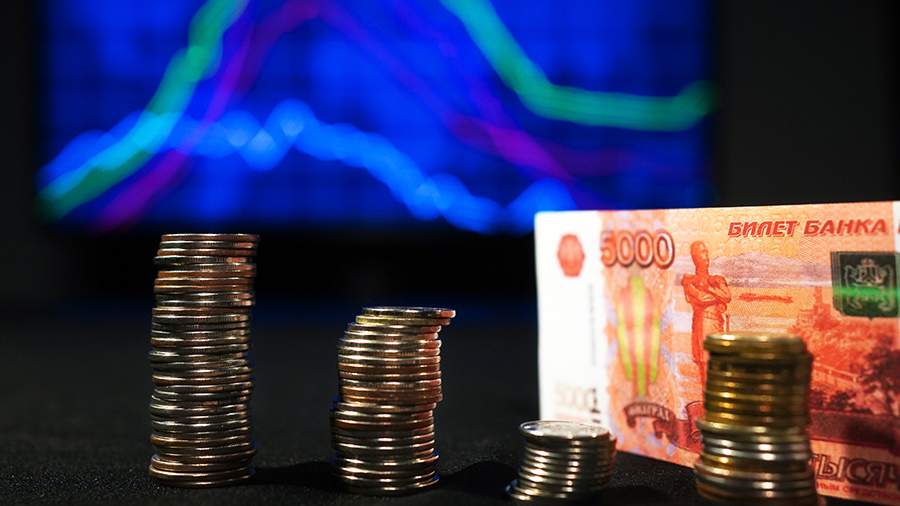Reshetnikov spoke about the main challenge for the economy next year

The main challenge of the next year is the policy of cooling the economy. This was stated by Economic Development Minister Maxim Reshetnikov on December 20.
"As for expectations from the next year, the main challenge is the policy of cooling the economy," he said in a conversation with the publication "Expert".
Reshetnikov specified that the negative consequences of this policy are not so noticeable yet due to the fact that they are smoothed by traditionally high pre-holiday sales.
"Now it is partly bought by the pre-New Year mood and demand, but from January-February we will begin to feel its consequences more clearly," the minister explained.
Earlier, on November 26, Russian Finance Minister Anton Siluanov said that the Russian economy is overheating at the moment, while the Central Bank (CBR) is trying to cool it down. Stimulus from the Ministry of Finance contradicts these efforts and would only cause further growth of the key rate, so the ministry in the next three years will move to a balanced budgetary policy, and support for individual industries will be made point-by-point.
Reshetnikov noted on October 24 that the Russian economy began to show signs of cooling at the end of the third and beginning of the fourth quarter of 2024. He pointed out that the cooling is caused by the reorientation of trade, noting that more than 80% of trade turnover currently goes to friendly countries.
Prior to that, on October 8, according to the Gaidar Institute for Economic Policy. E.T. Gaidar Institute for Economic Policy (Gaidar Institute, IEP), it became known that in June 2024 in the Russian Federation, the cyclical component or output gap decreased to 2%, which could be interpreted as the first signs of the beginning of cooling of the economy. As noted by experts, the highest overheating of the Russian economy was observed on the eve of the global financial crisis in 2008 and reached 6.2%. In 2008-2009, the figure amounted to 6.6%, they specified. A deeper recession - 8.5% - was observed only during the pandemic in 2020.
Переведено сервисом «Яндекс Переводчик»

